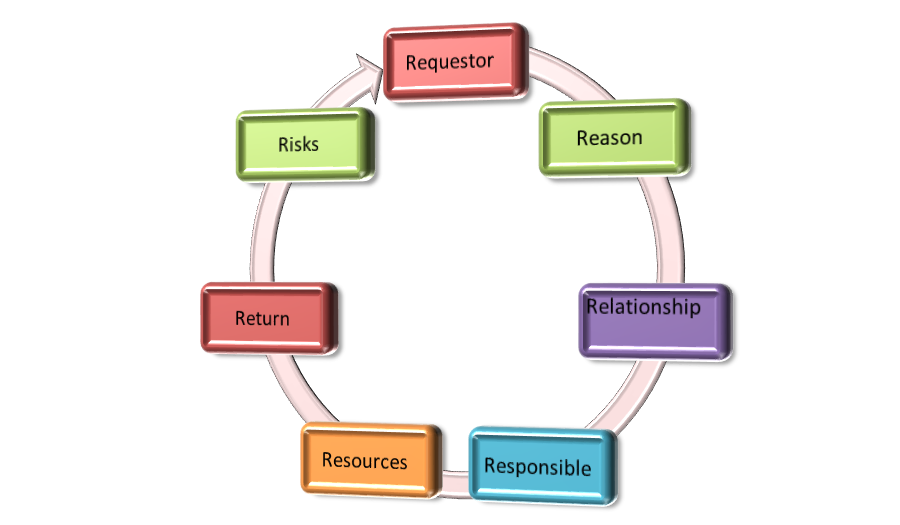Kingston upon Hull also known as Hull is a city and unitary authority located in East Riding of Yorkshire, England. It is situated on River Hull, 40 km inland from the North Sea and has a population of 260,220. In the 12th century, this town was discovered. Monks of Meaux Abbey required a port from wool from estates could be exported. These monks choose a place at the confluence of River Humber and Hull to construct quay.
Year in which this town was discovered is not yet known, but it was first mentioned in 1193. It was renamed Kings-town-upon Hull by King Edward 1 in 1299. Hull has been a military support port, market town, whaling and fishing centre and industrial metropolis. In English Civil Wars, Hull was an early theatre of battle. William Wilberforce took a significant part in the abolition of slave trade done in Britain.
From 1902, the city is unique in the United Kingdom has had a municipally owned telephone system. After facing massive damage during Second World War. At the beginning of 21st century, after facing recession in the late 2000s, the city saw a large amount of new commercial, retail, public and housing service construction spending.
Tourist attractions of Kingston Upon Hull include Museum Quarter, Old Town, The Deep, Hull Marina that is a city landmark. Redevelopment of Ferensway, include the opening of St Stephen’ Hull and new Hull Truck Theatre. Sports in Kingston Upon Hull include Football and Rugby. KCOM study houses Hull City football club and Hull FC rugby league club. Hull is home to English Premier Ice Hockey League Hull Pirates.
The University of Hull was discovered in 1927, and now It has more than 16000 students. It is ranked as the best university in the Yorkshire and Humber region, and it is located in Newland suburb that is in the north-west of the city.
In 2013, it was announced that Hull would be 2017 UK City of Culture.
In 2015, it was announced that Ferens Art Gallery would host prestigious annual art prize called the Turner Prize in 2017. After this, the prize was held outside London every year.
History
The population of Hull in 1901 was 239,000, and it continued to increase. City Hall was built in 1909 and Guildhall in 1916. During 20th century facilities in Hull improved. In the 1920s and 1930s, slum clearance started in the centre of Hull. Many new council houses were built on West, North and East of the city. At the beginning of 20th-century various houses in Hull didn’t have flushing facility. In 1929, fences of Hull were extended to include part of Anlaby and Sutton. Queens’s gardens were laid out on a site filled in the dock. Hull suffered depression in the 1930s, and many Dockers got unemployed, similarly in the shipbuilding industry. In 1954, Hull University was founded. In 2001 an aquarium called The Deep was opened in Hull. Later at the beginning of 21st century, various parts of Hull were regenerated. Fish Market of Hull was closed in 2011. In 2017 Hull became UK City of Culture. Now the population of Hull is 258,000.

 ENQUIRE
ENQUIRE
 REQUEST CALLBACK
REQUEST CALLBACK
 GET A FREE QUOTE
GET A FREE QUOTE


 Introduction
Introduction Course Details
Course Details Course Content
Course Content





 London
London